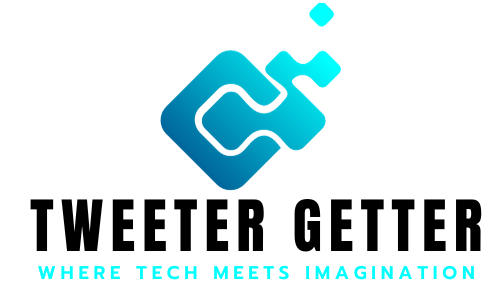The Internet is a global system of interconnected computer networks that use the standard Internet protocol suite (TCP/IP) to link several billion devices worldwide. It is a network of networks that consists of millions of private, public, academic, business, and government networks, of local to global scope, that are linked by a broad array of electronic, wireless and optical networking technologies. The Internet carries an extensive range of information resources and services, such as the inter-linked hypertext documents and applications of the World Wide Web (WWW), electronic mail, telephony, and file sharing.
The Internet has had a profound impact on all aspects of human life, including communication, entertainment, business, education, and government. It has enabled new forms of human interaction and collaboration, and has made information and resources more accessible to people around the world.
History of the Internet
The Internet originated in the 1960s as a US government project called ARPANET (Advanced Research Projects Agency Network). ARPANET was designed to create a network that could connect computers at different universities and research institutions. In 1983, ARPANET switched to using the TCP/IP protocol, which is still the standard protocol used on the Internet today.
In the late 1980s and early 1990s, the Internet began to be opened up to commercial use. This led to the rapid growth of the Internet, and by the mid-1990s, it was being used by millions of people around the world.
How the Internet Works
The Internet is a decentralized network, which means that it is not controlled by any single entity. Instead, it is made up of millions of interconnected networks that are operated by different organizations.
When you connect to the Internet, your computer is assigned a unique IP address. This IP address is used to identify your computer on the network and to direct traffic to it.
When you access a website, your computer sends a request to the web server that hosts the website. The web server then sends back the requested web page to your computer.
Uses of the Internet
The Internet is used for a wide variety of purposes, including:
- Communication: The Internet can be used to communicate with people from all over the world using email, instant messaging, and social media.
- Entertainment: The Internet can be used to watch movies, listen to music, play games, and read books.
- Business: The Internet can be used to conduct business online, including buying and selling goods and services, advertising, and customer support.
- Education: The Internet can be used to access educational resources, such as online courses, articles, and videos.
- Government: The Internet can be used to access government services, such as filing taxes, applying for passports, and voting.
The Future of the Internet
The Internet is constantly evolving, and new technologies and applications are being developed all the time. Some of the trends that are expected to shape the future of the Internet include:
- The Internet of Things (IoT): The IoT is a network of physical objects that are embedded with sensors and software that allow them to collect and exchange data. The IoT is expected to have a major impact on many industries, including healthcare, manufacturing, and transportation.
- Artificial intelligence (AI): AI is being used to develop new Internet applications, such as chatbots and virtual assistants. AI is also expected to improve the performance and security of the Internet.
- Blockchain: Blockchain is a distributed ledger technology that is being used to develop new Internet applications, such as cryptocurrencies and decentralized apps (dApps). Blockchain is expected to revolutionize the way that we interact with the Internet.
Conclusion
The Internet has become an essential part of our lives, and its impact is only going to grow in the future. It is important to understand how the Internet works and how it can be used to improve our lives.

